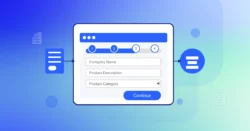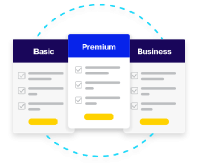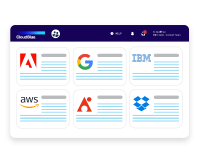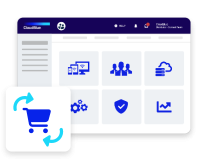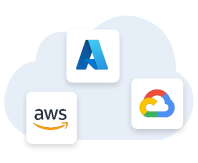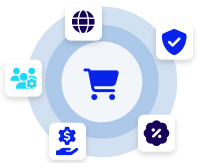Enterprise software refers to large-scale applications designed to meet the needs of businesses, particularly in the B2B (business-to-business) space. Unlike consumer-focused software, which is typically tailored to individuals, enterprise software is built to address the complex operations, processes, and data management of entire organizations. It offers a variety of functions that can span multiple departments like sales, finance, human resources, and supply chain management.
SaaS-based enterprise software has gained popularity because of its flexibility, scalability, and ability to be updated continuously without the need for constant manual intervention. This allows businesses to access solutions that are always up-to-date and secure, reducing downtime and operational headaches.
Features and Benefits of Enterprise Software
Enterprise software solutions are designed to enhance the overall productivity of a business, offering integrated functionalities across different departments. One of the most common examples is Customer Relationship Management (CRM) systems, which help businesses manage their interactions with current and potential customers. These systems are essential for sales and marketing teams as they provide a single source of truth for all client information, making it easier to track leads, close deals, and improve customer satisfaction.
Another key feature of enterprise software is its scalability. As businesses grow, so do their needs, and the ability to scale applications efficiently is crucial. Most enterprise software is customizable, allowing it to fit the specific demands of a business, no matter the size. Many enterprise applications are cloud-based, meaning they are easily accessible from anywhere, making remote collaboration seamless.
Security is another major benefit. Since enterprise software manages vast amounts of sensitive data, robust security features are a must. Businesses rely on encryption, multi-factor authentication, and continuous monitoring to ensure their data is safe from cyber threats.
How SaaS is Shaping Enterprise Software
The rise of SaaS has had a significant impact on enterprise software development and adoption. SaaS applications offer a cost-effective and highly scalable model, enabling businesses to avoid hefty upfront costs. Instead of purchasing licenses or dealing with lengthy installations, companies can quickly implement solutions and pay for them on a subscription basis.
This model not only reduces operational costs but also allows businesses to access the latest technologies without needing extensive in-house IT support. SaaS solutions are also generally more user-friendly and accessible, ensuring that even non-technical employees can navigate the system with ease. As businesses increasingly move towards SaaS, it’s clear that enterprise software will continue to evolve, becoming even more agile and accessible.




